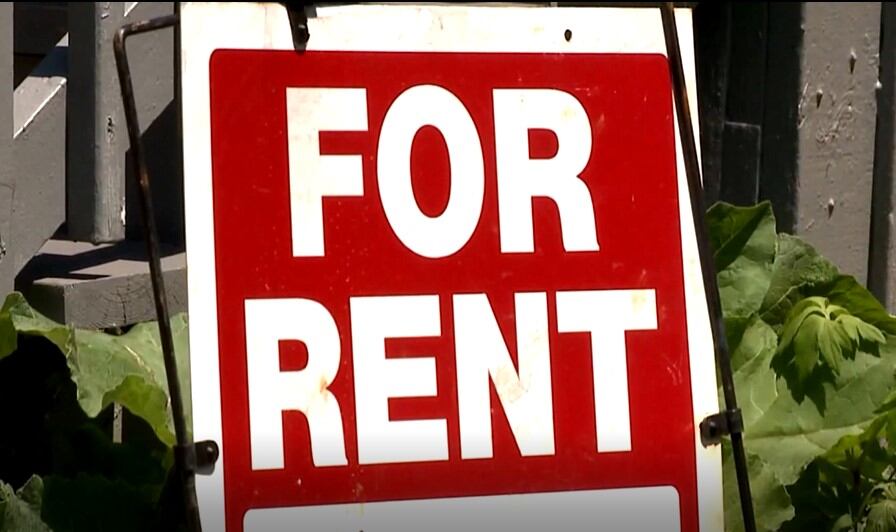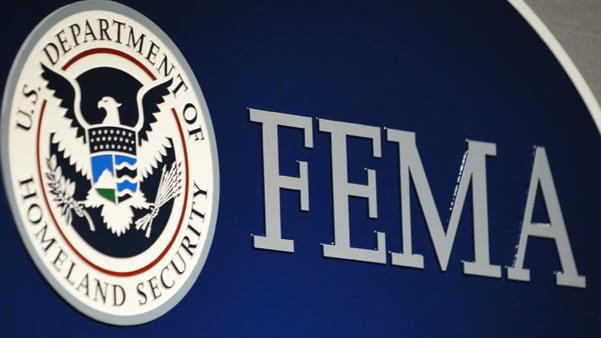Federal hurricane aid nears $2B, including $130M in Georgia
- Cleanup: Augusta leaders OK millions to clear Hurricane Helene debris
- Deaths: Helene takes 31st victim in CSRA, a 65-year-old in Aiken County
- Communication: When Comcast expects to restore service across CSRA
- Schools: Helene debris spurs changes in Richmond County bus routes
WASHINGTON (AP) — The federal government has approved nearly $2 billion in assistance across six states to help people hit hard by hurricanes Helene and Milton.
That includes about $130 million in federal disaster assistance to more than 294,000 homeowners and renters in Georgia to help them recover from Hurricane Helene.
This assistance may include funds to help people with disaster damage to clean and sanitize their residence to make it safe, repair parts of their home and replace personal belongings damaged by the disaster, buy critical supplies like food, medicine and infant care items, and find a safe place to stay after the storm.
“FEMA is committed to continue working closely with the state and our federal partners to ensure Georgians have what they need to recover,” said Federal Coordinating Officer for Hurricane Helene efforts in Georgia, Kevin A. Wallace Sr. “This milestone is just the beginning of the we will provide to survivors in the weeks and months ahead. I encourage anyone with stor
I-TEAM: Some say FEMA aid isn’t coming fast enough
More than two weeks after Hurricane Helene, some people are still waiting for FEMA to approve their applications.

The federal government has been under intense pressure to show that it is getting help to areas devastated by the back-to-back hurricanes in late September and early October as it warns that more money will be needed to fund the response.
Helene was a Category 4 storm that first struck Florida’s Gulf Coast on Sept. 26, dumped trillions of gallons of rain and left a trail of destruction for hundreds of miles across several states. Hurricane Milton swept across Florida two weeks later.
Hurricane response has become a key part of the presidential election with former President Donald Trump and Vice President Kamala Harris both positioning themselves as the best candidate to respond to such calamities.
The money approved so far includes funds that go to residents for things like rental reimbursements when they cannot live in their house or quick infusions of $750 in cash to pay for things like diapers or food. It also includes money for public assistance such as reimbursing local governments for removing debris or repairing public infrastructure like roads, bridges or schools.
About $911 million has gone toward damage caused by Hurricane Helene, while about $620 million has gone toward recovery from Hurricane Milton, according to the White House release.
Renters in CSRA can apply for FEMA aid after Hurricane Helene
FEMA assistance is available to renters, including students, with uninsured losses from Hurricane Helene in several local counties.

Other funds have gone toward things like agriculture assistance. The six states where the money has gone are Florida, South Carolina, Georgia, North Carolina, Tennessee and Virginia.
FEMA and the federal government have been battling misinformation about their efforts with many of the false claims being fueled by Trump and others just ahead of the election. Much of the misinformation has centered on the agency’s response in North Carolina, whose mountainous regions were especially hard hit by Helene.
The rumors have raised concerns about the safety of FEMA staffers on the ground and whether residents would be discouraged from applying for assistance.
FEMA application denied? Here are the most common reasons
As communities clean up damage in the aftermath of Hurricane Helene, officials are explaining why some residents may be told they are ineligible for disaster assistance.

The agency said Wednesday that it monitors how many people for assistance in areas where a disaster has been declared. So far, about 15.2% of households in affected North Carolina counties have applied for assistance, which is lower than in Georgia and South Carolina but still in the range of what’s expected. The agency also noted that it is still early in the 60-day period that people have to for help.
“FEMA is continually assessing registration patterns across all affected states to identify any outlier communities that may be ing at lower rates than anticipated,” the agency said.
On Tuesday, the Small Business istration said it has run out of money for the disaster assistance loans it offers small businesses, homeowners and renters. So far the SBA has offered $48 million in loans to survivors of the two hurricanes, the news release said.
FEMA Deanne Criswell has repeatedly said that her agency has enough money in its disaster relief fund to respond to Helene and Milton. But Criswell has said the agency eventually will need supplemental funding from Congress. If that doesn’t happen, FEMA would go into what’s called “immediate needs funding,” which means it would stop paying out for previous disasters and conserve its money for life-saving missions during any new ones.
Copyright 2024 WRDW/WAGT. All rights reserved.















